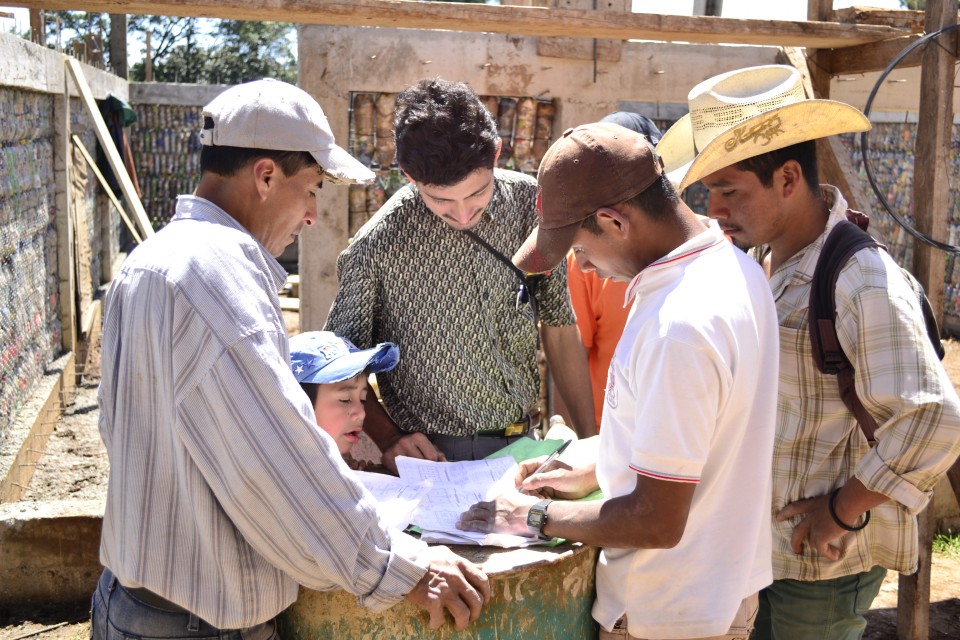There is no excuse for not having foresight about potential issues and emergencies that could affect the progress of your bottle school project. It is your responsibility to think of what could happen in a “worst case” scenario, and to seek advice from many sources on potential issues, and how best to avoid them.
Accountability
It’s important to be clear who has responsibility for each specific element of the bottle school project. Who holds that person accountable?
What system of checks and balances is in place?
Some questions to think about include:
• Who is responsible for getting enough bottles collected and eco-bricks made?
• Who has access to the project bank account, and who manages the funds? Who oversees that person and holds them accountable?
• Who is responsible for ensuring that masons work the agreed hours and make progress fast enough?
• Who pays the mason? What happens if the project takes longer than planned?
• Who is responsible for ensuring that each community member contributes the required hours of unskilled labor?
• Who is responsible for buying materials?
• Who is responsible for receiving materials, and who is in charge of looking after materials?
• What happens if funds or materials go “missing”?
Agreements
It is important to sign an agreement or contract with all of the project participants, clearly stating each personal and institutional responsibility in the execution of the project planning, design, build, and beyond. We can’t stress enough the importance of getting agreements in writing. The more formal the process, the better. The formality will signal to all parties the seriousness of the commitment that they are entering into. Take your time to
get the wording of agreements correct, and to get the contracts signed by all parties, even if it takes longer than you would like.




